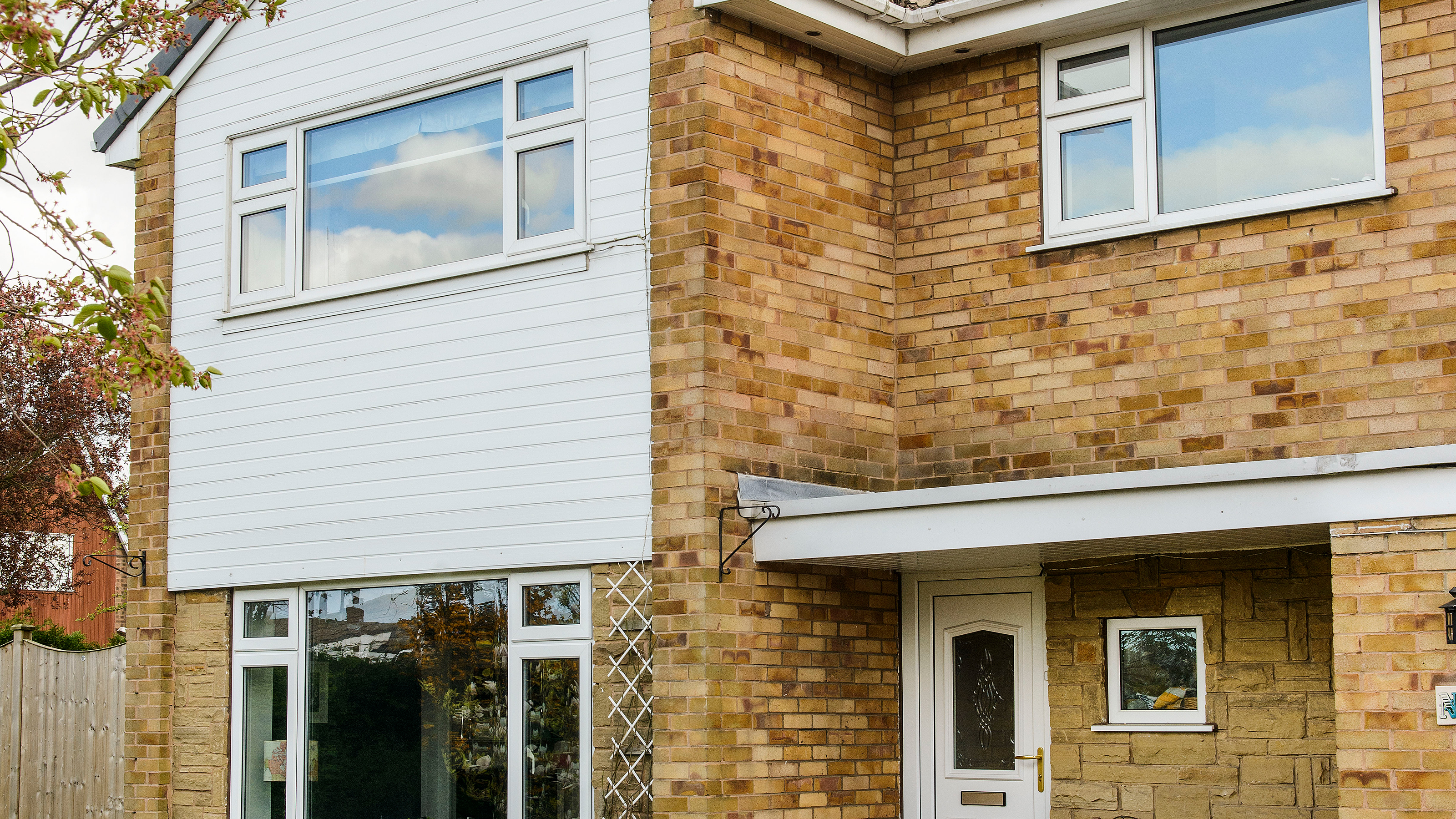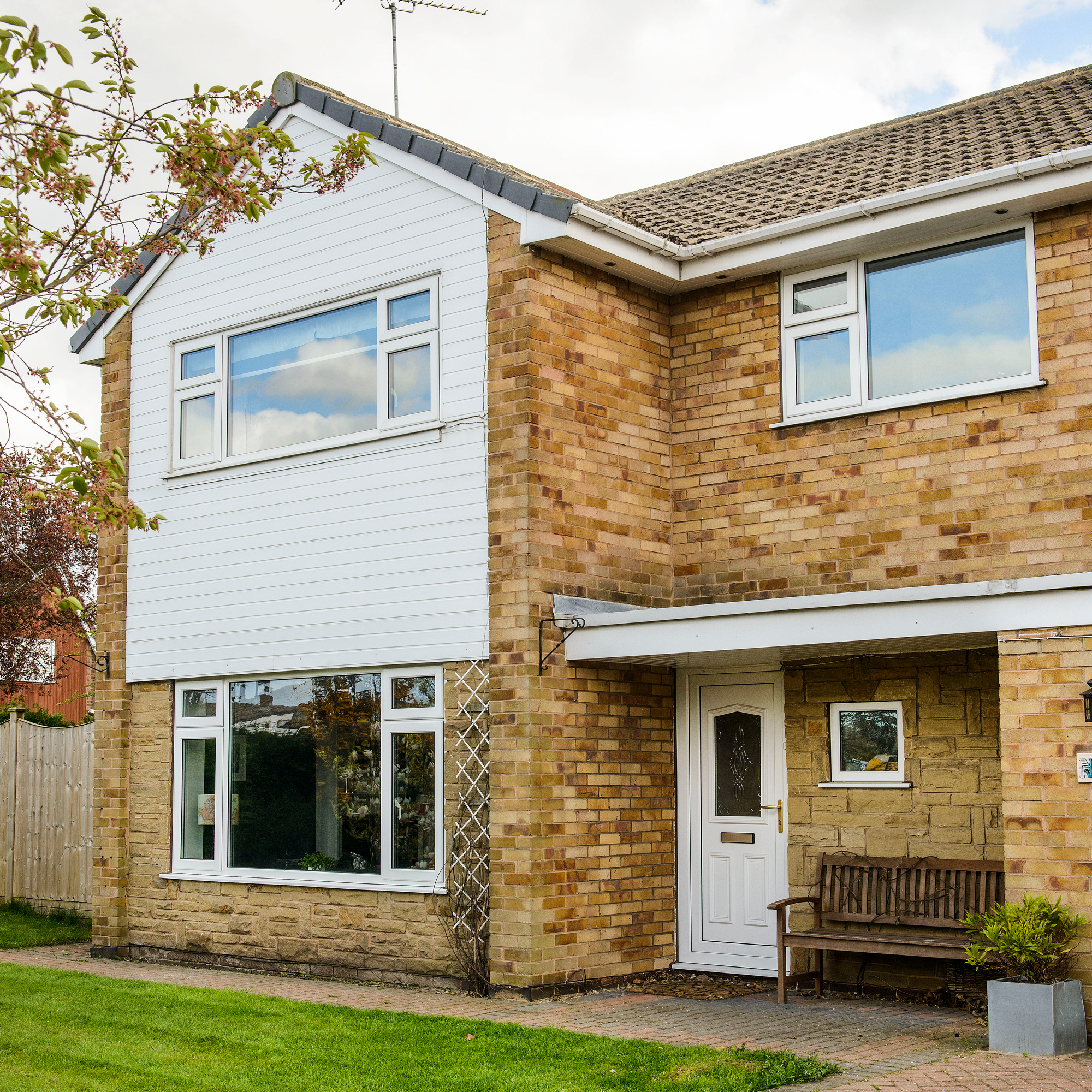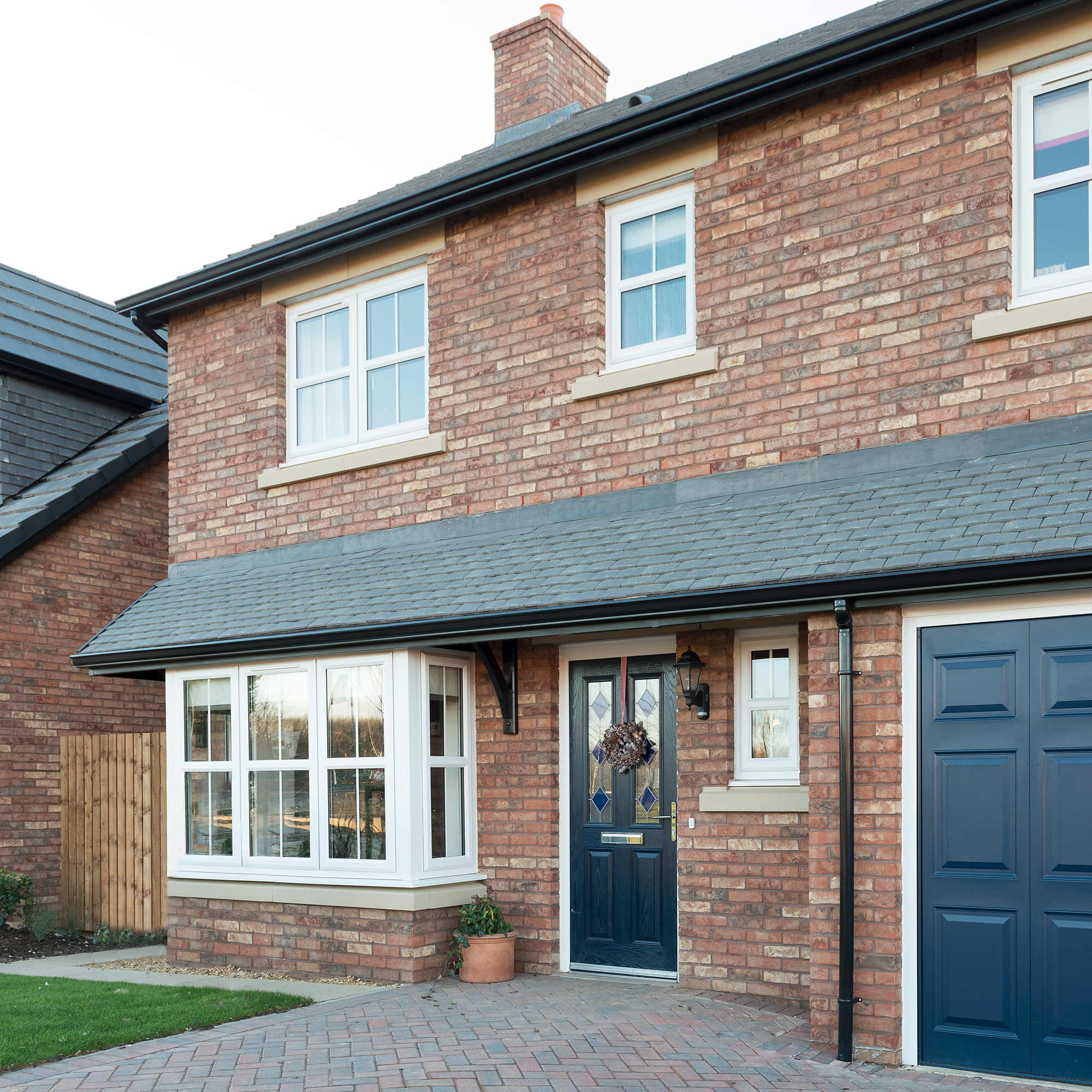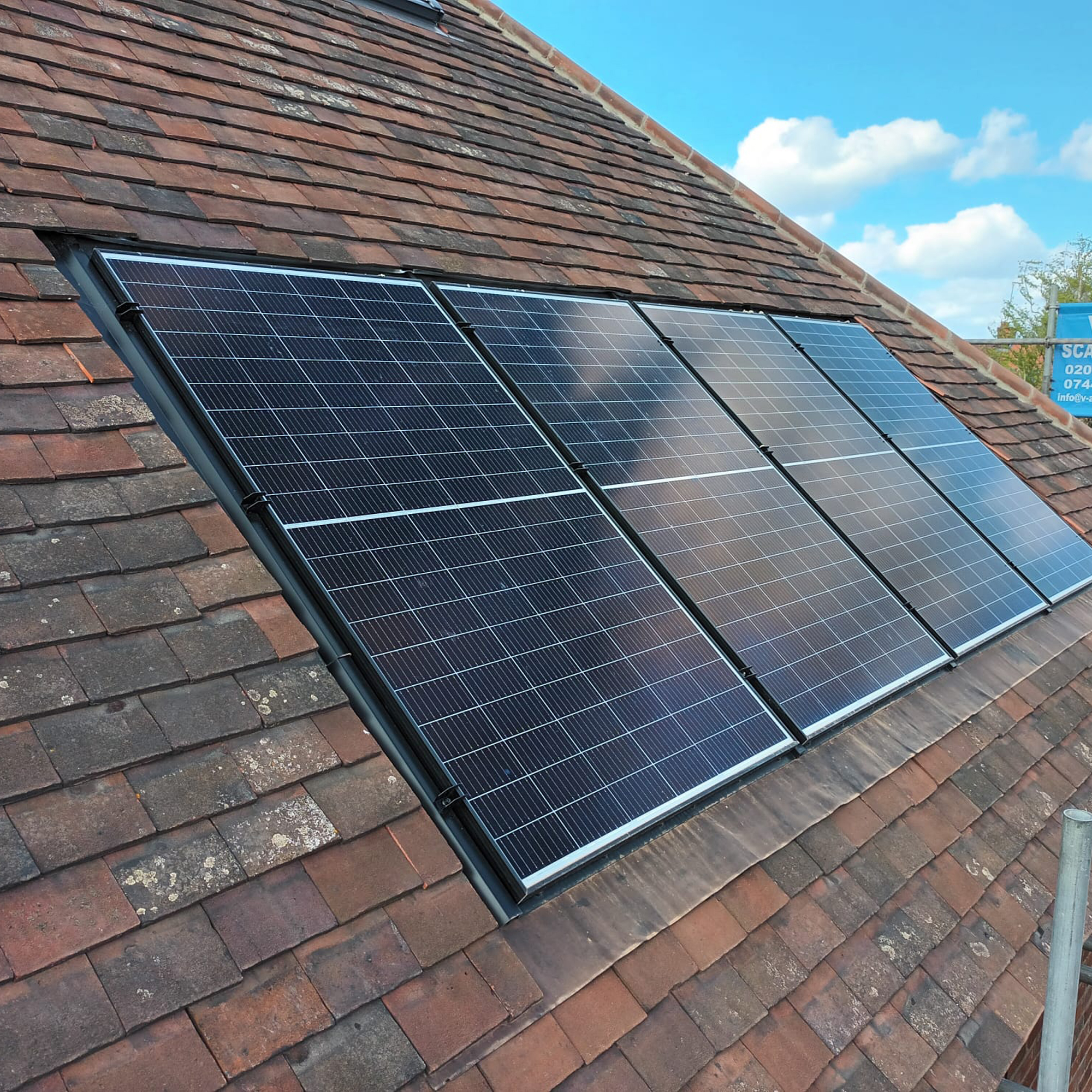What's an EPC C rating and how do I improve it?
Find out more about your home’s EPC C rating and how to improve it What's an EPC C rating and how do I improve it?


Wondering what an EPC C rating is? An Energy Performance Certificate (EPC) indicates the energy efficiency of a building. The assessments are banded from A to G, where A is the most efficient in terms of likely fuel costs and carbon dioxide emissions and G is the worst.
As a guide, new-build homes tend to have high EPC ratings as they’ve been built to modern-day building standards with high performing levels of insulation, high-performing glazing and potentially some renewable energy generation. Whereas period properties often have lower ratings as, unless they’ve been upgraded, any homes constructed pre-1980 were often built with inadequate insulation and low-performance glazing.
According to new research by professional house buyers Open Property Group, only 40% of homes in the UK have an EPC C rating. Find out what this means and how you can achieve a grade C or higher for your home...
What is an EPC C rating?

All homes which are newly built, sold or rented have to legally have an up-to-date Energy Performance Certificate and property owners must order an EPC for potential buyers and tenants before they sell or rent their property in England, Wales and Northern Ireland. The rules are slightly different in Scotland so make sure you’re up-to-date with the Scottish Government regulations.
At present, all rental properties must have an EPC rating of E or above. There is no minimum rating that homeowners living in their own home need to have in the UK. However, with the government’s plan to achieve net zero by 2050, it's looking likely that all homes in the UK, regardless of whether they are rental or not, will need to have a minimum EPC C rating before the 2050 deadline.
A property’s EPC rating is dependent on the amount of energy it uses per metre squared and the level of carbon dioxide it emits in tonnes per year. The EPC test grades your home both numerically and by letter with a C rating achieving 69-80 SAP points.
‘An EPC C is middle of the road and means improvements can be made, but your property is moderately efficient,’ says Jeff Djevdet at Speed Property Buyers. You may also be interested to know what EPC D rating is.
Sign up to our newsletter for style inspiration, real homes, project and garden advice and shopping know-how
Why does my home have an EPC C rating?

If your home has an EPC C rating it means it’s been built using energy-efficient building methods or the home’s fabric has been upgraded. Homes with floor, roof, walls and loft insulation, an efficient heating system, as well as double-glazing and low-energy lighting tend to achieve a C rating.
‘The more energy efficiency measures you have, the higher the points and thus the higher rating you can achieve,’ says Jeff Djevdet.
Is an EPC C rating good when selling?

Homes with very few energy efficiency measures tend to score low on an EPC test, which can affect a property’s value and saleability.
‘Our recent buyer and seller survey in April highlighted that the EPC rating of a property played an important part in decision making for more than two-thirds of respondents,’ says Frances McDonald, research analyst at Savills. ‘And, six in ten buyers (59%) would be willing to pay more for a home if 75% of its energy came from renewable heating sources,’ she says.
What can I do to improve my EPC C rating?
Wondering how to improve your EPC rating? If your home already has an EPC C rating, it probably means your home is newly-built or you have already implemented some energy-efficiency improvements such as installing energy-efficient lighting, adding insulation, replacing an old boiler and fitting double-glazing.
To achieve a B or A rating is much more difficult and, for some older properties, the prospect is near impossible to achieve due to the materials that the building is made from. Your EPC certificate will recommend the different ways you can achieve a B or A rating specifically for your home but there are a few ways you can change it.
1. Consider solar panels

Solar panels, also known as photovoltaics (PVs), capture the sun’s energy and convert it into electricity that you can use in your home.
A solar PV panel consists of many cells made from layers of a semi-conducting material. When light shines on the material, a flow of electricity is created. By fitting solar panels you can improve your EPC rating and, according to Energy Saving Trust (EST), you could reduce your energy bills, too. As an example, EST predicts a home located in south-east England could save up to £500 per year on its energy bills.
2. Add triple glazing
Upgrading the windows in your home from double to triple glazed will keep more heat trapped inside your home. Which means your heating system won’t have to work as hard and you won’t have to use as much energy to keep your home warm, all while adding a few points on to your EPC test. Bear in mind your budget for replacement windows though, as it might be an unnecessary expense for only a small impact on your EPC.
3. Improve insulation

Going above and beyond the minimum recommendation to insulate your home will help you gain more points on your EPC. But do make sure that any insulation installed is a genuine upgrade to what is already fitted and that it is the correct amount, size and type for the place you are fitting it in.
You don’t want to cause unnecessary condensation and potentially mould if the insulation is unable to breathe and perform to its best ability.

Sophie Vening is a freelance journalist and editor with more than 16 years’ experience writing about homes and properties. She’s worked for some of the UK’s leading interiors, self-build and property titles including, Grand Designs, Ideal Home, House Beautiful, Build It, The Metro Homes & Property and The Evening Standard Homes & Property.
She enjoys writing about complex issues in an easy-to-understand way.